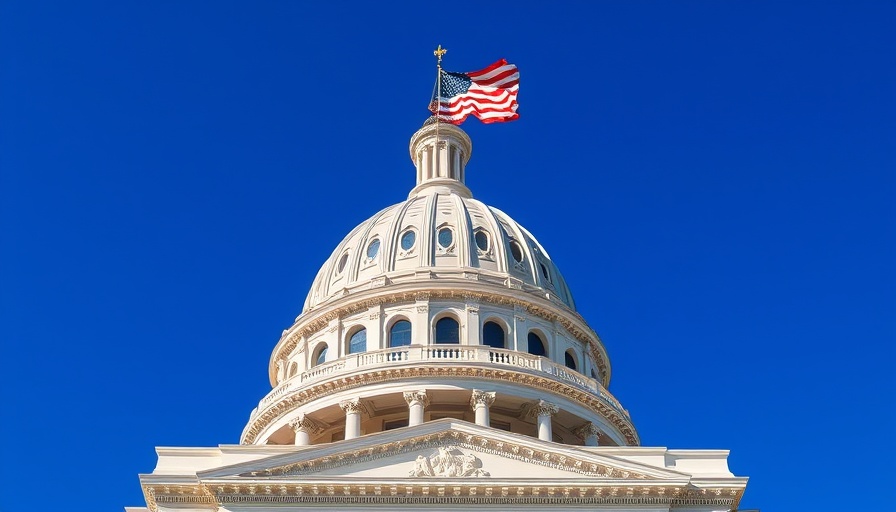
Understanding Newsom's Tenure: A Candidate's Perspective
As we approach the 2026 gubernatorial election in California, candidates are taking a closer look at incumbent Governor Gavin Newsom's administration. While each candidate has their own criticisms, they also recognize the aspects of his leadership that have been successful. CBS News California Investigates correspondent Julie Watts interviewed various candidates about what they believe Newsom has done well and what they would change.
The Positive Acknowledgements
Toni Atkins, former California State Senate President Pro Tem, commended Newsom’s resilience in challenging federal policies. She praised his efforts in redistricting, arguing it was crucial for representing Californian interests effectively. Atkins plans to prioritize healthcare in her candidacy, suggesting a shift in focus from political tussles to pressing social issues.
Xavier Becerra echoed similar sentiments, asserting Newsom's contributions to strengthening the state's economy and ensuring California faces off against federal overreach. Becerra articulated a desire for quicker action on issues such as the high-speed rail and housing, indicating a different administrative approach if elected.
Contrasting Viewpoints: Critique from Republican Candidates
Sheriff Chad Bianco, representing a more conservative viewpoint, took a notably critical stance. He found only one aspect to credit Newsom for: aligning with Republican values during the apparent campaign for the presidency. Bianco’s perspective underscores the polarized views on Newsom’s effectiveness, reflecting broader ideological divides in California politics.
Steve Hilton, another Republican candidate, pointed out a specific policy of Newsom’s regarding smartphone usage in schools as an area of agreement. He places high housing costs at the forefront of California’s challenges, emphasizing the need for substantial reforms to prevent residents from leaving.
Democratic Candidates Rally Around Education and Health Initiatives
Among the Democratic candidates, notable figures like Katie Porter and Stephen J. Cloobeck highlighted specific policies that resonated with constituents. Porter praised the initiative for free school lunches, arguing that such programs under Newsom have a lasting impact on the well-being of children. This indicates a focus on educational equity and wellness, a priority for many voters.
Cloobeck expressed frustration at Trump-era policies affecting state perception, vowing to bring a more community-focused leadership style to the governor's office. His statement reflects a desire for California to take a stand against what he views as detrimental national narratives.
The State of California: A Future Perspective
As candidates share their praises and criticisms of Newsom, one common thread emerges: the importance of health care and housing in shaping voter priorities moving forward. With the homeownership rate declining and healthcare accessibility remaining critical issues, all candidates will need to focus heavily on these topics in their campaigns. The upcoming discussions surrounding these urgent concerns will likely define the next governor's agenda, influencing voters in the upcoming election.
An Engaged Voter Base: Your Voice Matters!
As the candidates present their visions, it's essential for voters to engage with the process. The opinions being shared by each candidate serve not just as insights into their platforms but also as reflections of the aspirations and concerns of Californians. Participating in local discussions, debates, and voting is more crucial than ever.
The road to the 2026 gubernatorial election is charged with competing visions for California’s future. Pay attention to how candidates plan to address the state's pressing issues while evaluating Newsom’s legacy. Your voice can shape how California moves forward!
 Add Element
Add Element  Add Row
Add Row 



Write A Comment